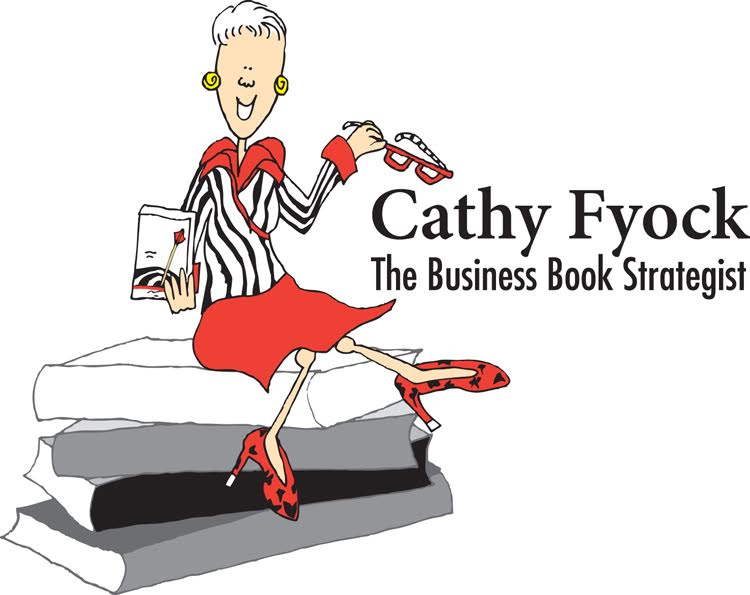You want to write your book. You want to get it done in 2015.
My guess is that even though you have every intention of writing your book, you may be unwittingly sabotaging your own best efforts. Explore this list and determine if you are getting in your own way.
- I haven’t told anyone about my goal. If you haven’t told your friends, family, and colleagues about your book idea, you haven’t been using the power of intention to move you forward. By telling friends that you’re working on your book, you will receive encouragement, and you’ll become accountable when they ask, “So how is your book coming along?” My friend Angie was bold when she changed her email signature line to read, “Author of the Forthcoming book . . .” Some of my clients state their intention by wearing their button, “Ask me about my book” (a tool I provide to all my clients). By wearing the button you are communicating your intention to the world!
- I plan to start soon. If you don’t have a definite start date/time, you could procrastinate forever. Put a stake in the ground. When will you begin? Mark it on your calendar.
- It’s on my to-do list. We generally work our “to-do” list based on the urgency of the task and not based on the task’s importance states Steve McClatchy in his book, Decide. Important goals, like writing your book, should be scheduled on your calendar, and that time should be protected. If you break a date with yourself to write, you need to reschedule that time (and cut out that extra hour of mindless TV or video games).
- I can do it on my own. We tend to meet our goals when we are accountable to a partner. An accountability partner can be a fellow author working on his/her own book, or it could be a coach who understands the process (and the pitfalls). Engage your support team to hold your feet to the fire so that you can accomplish your daily, weekly, and monthly goals.
- I don’t need to have “skin in the game.” We tend to have a sense of urgency when we are Preventing Pain (again, Steve McClatchy does a great job of outlining this in Decide), so it may “pay” for us to pay. Weight Watchers is one of the most successful weight loss programs, in part because you pay to belong. “If I’m paying money, I’d better be serious” is the thinking of many members. Similarly, reaching big goals like writing your book may be more achievable once you’ve not just outlined the benefits of meeting your goal and costs of not accomplishing your goal, but also have real skin in the game through a coaching program or similar investment.
- I have one more book to read before I’m ready. There is always something more to learn. No one would ever publish a book if they wanted to include ALL the important information and up-to-the-minute updates. Once you send your book to the publisher it will be dated. But know that you can make your book evergreen by linking your readers to your website for updates and latest trends, or you can always include that information in your next book. Don’t put off writing because you don’t have all the information; understand that you will never be able to include all the information in your book!
- I haven’t put together a project plan (I don’t need one). You may think, I’ll just get started, and write every day, and I’ll get it done. Yet, without a project plan, you may not meet your goals (of, say, finishing the book by year end). Without a road map that indicates where you need to be at any point in time may cause you to miss the mark and fail to complete your goal.
- I need to tie up some loose ends (and complete some other projects) before I begin. Other work will always be in the way of your book project. At some point, you’ll need to determine which work is of the highest priority, and then devote time on your calendar (again, on your calendar and not on your to-do list).
- I don’t have a plan for how I’ll use the book in my career/business. If you don’t have a clear plan for how your book will benefit your career and business, you won’t feel the need to push on and complete your book. With any large goal, you should keep an eye on the benefits of your goal (e.g., I’ll have more credibility, I’ll be seen as a thought-leader, I’ll get more speaking engagements).
- I want this book to appeal to everyone. If you want your book to appeal to everyone, it will likely appeal to no one. Target your ideal reader, and write to that person. At a recent workshop I asked participants to write a letter to their ideal reader, which allowed the authors to hone in on the needs and concerns of their target market, giving them additional clarity on their book’s thesis and focus.
What’s getting in the way of your achieving your goals in 2015?
